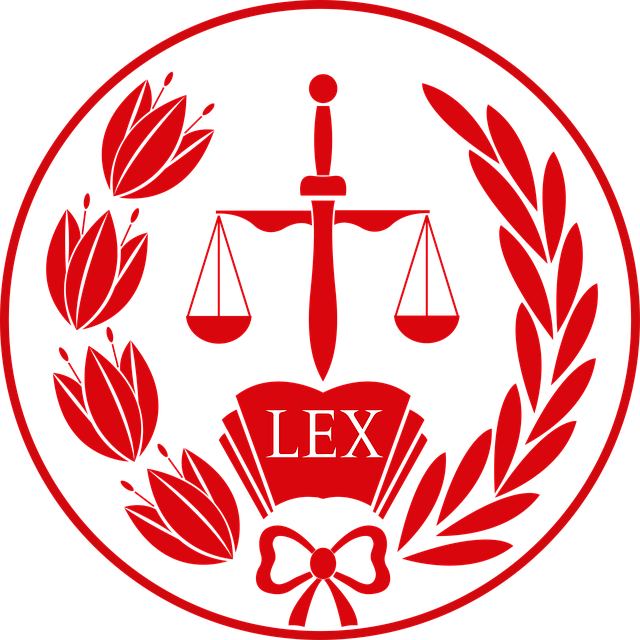Antitrust laws are vital for promoting fair competition, preventing monopolies, and protecting consumers by regulating business practices, addressing issues like inheritance property ownership. In complex cases involving inheritance property ownership legal challenges, professionals uncover hidden financial networks through meticulous examination of transactions and documents. Defending against antitrust violations requires strategic navigation of regulations, understanding legal definitions, and effective discovery management. Companies can employ strategic defenses, including challenging law interpretations and using inheritance ownership as a defense, leading to settlements that balance concern resolution and costs. Specialized attorneys play a crucial role in ensuring fair market competition through these strategies.
Antitrust violation cases have become a focal point for legal scrutiny, especially with complex corporate structures and global markets. This article delves into the intricate world of antitrust laws, their purpose, and how they intersect with inheritance and property ownership. We explore common legal challenges faced by defendants, offering insights into strategic defenses and dispute resolution methods. Understanding these dynamics is crucial for navigating the complexities of modern business litigation, particularly when inheritance and property ownership are at stake.
- Understanding Antitrust Laws and Their Purpose
- Identifying Inheritance and Property Ownership in Legal Scrutiny
- Common Challenges Faced by Defendants in Antitrust Violation Cases
- Strategies for Defense and Resolving Antitrust Disputes
Understanding Antitrust Laws and Their Purpose

Antitrust laws are designed to promote fair competition among businesses, ensuring that no single entity dominates a market and maintains control over essential resources or prices. These laws aim to protect consumers by preventing the formation of monopolies and fostering an environment where competitors can thrive. Understanding these regulations is crucial for both existing businesses and aspiring entrepreneurs, as they outline the boundaries between acceptable business practices and anti-competitive behavior.
The purpose of antitrust legislation is multifaceted, addressing issues related to inheritance property ownership and legal challenges that may arise in rapidly evolving markets. By enforcing these laws, regulatory bodies across the country aim to avoid indictment for monopolistic practices, ensuring that businesses operate within ethical and transparent frameworks. This approach promotes a healthy economic landscape, where consumers benefit from diverse offerings at competitive prices.
Identifying Inheritance and Property Ownership in Legal Scrutiny

In legal scrutiny, especially in antitrust violation cases, identifying inheritance and property ownership can be a complex task. This is particularly true when dealing with white-collar and economic crimes. Lawyers and investigators must navigate through intricate financial networks to uncover potential illicit activities related to inheritance and property transfers. These processes are often designed to avoid indictment, making them more subtle and hard to detect.
Unprecedented track records in these cases require a meticulous examination of historical transactions, will documents, and beneficial ownership structures. The goal is to ensure transparency and prevent the misuse of inheritance property ownership as a means for illegal activities. By carefully scrutinizing these aspects, legal authorities can build robust cases that hold perpetrators accountable while upholding fair competition in the market.
Common Challenges Faced by Defendants in Antitrust Violation Cases

Defending against antitrust violation charges presents a unique set of legal challenges for defendants, especially when the case involves complex issues of inheritance property ownership. One of the primary hurdles is navigating the intricate web of regulations and laws that govern competition, which can be demanding to interpret and apply accurately. Understanding the specific legal definitions and elements required to prove an antitrust violation is crucial for mounting a robust defense.
Another significant challenge is managing the extensive discovery process, where both sides gather and scrutinize evidence. Defendants must be prepared to present clear and compelling arguments throughout all stages of the investigative and enforcement process, including any potential jury trials. This often requires meticulous record-keeping and strategic planning to avoid indictment and ensure a fair hearing. Effective legal representation is essential in addressing these challenges, as it can significantly impact the outcome of antitrust violation cases.
Strategies for Defense and Resolving Antitrust Disputes

In response to antitrust violation allegations, several strategic defenses are available. One common approach involves challenging the interpretation of relevant laws, arguing that the behavior in question falls within permissible business practices. Companies can also leverage inheritance property ownership as a defense, particularly if actions were taken in accordance with legal and ethical guidelines governing estate planning and distribution.
Resolving antitrust disputes often requires a nuanced understanding of market dynamics and the specific legal framework. Negotiations play a crucial role, allowing for settlements that address concerns while mitigating the costs associated with prolonged litigation. This process is facilitated by attorneys specializing in white-collar and economic crimes, who can represent both corporate and individual clients across the country. Effective defense strategies not only protect businesses but also ensure fair market competition, ultimately fostering a robust and sustainable economy.
Antitrust violation cases are complex legal battles that require a deep understanding of both antitrust laws and the unique circumstances surrounding inheritance and property ownership. By identifying and navigating these intricate legal challenges, defendants can employ strategic defenses to resolve disputes effectively. Understanding common pitfalls and exploring innovative solutions is crucial in mitigating risks and ensuring fair practices within the business landscape, especially when inheritance and property ownership are at stake.






